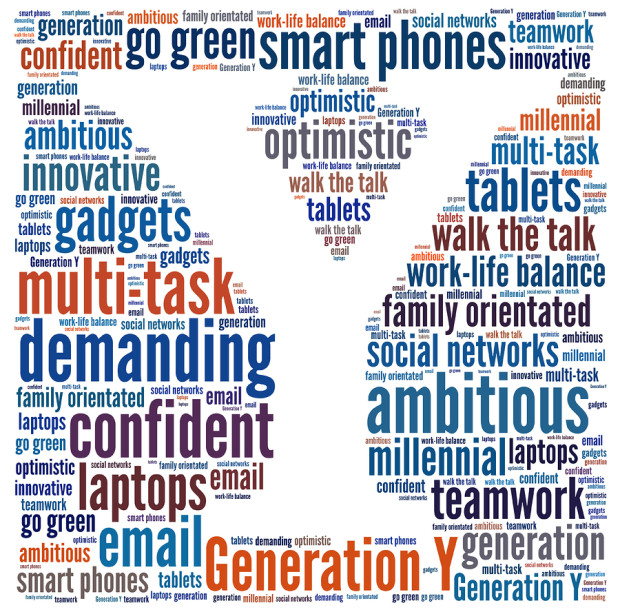
I’ve been reading my normal amount of business articles and blogs, and a pretty big theme has been coming up lately: being patient.
Millennials are notorious for being impatient. Believe me – this is fact. But can you blame us? We’ve grown up in a world of instant. If we want to know what our 16th president’s second cousin’s husband’s name was, we can pretty much find out in less than 30 seconds. If we want to order some toilet paper in bulk off of Amazon, we can have it delivered to our doorstep within an hour (at least in Manhattan). And if I want to know what my friend in Australia is up to, I can reach him for free via Facebook Messenger or via What’s App on my phone.
So when people from older generations tell me that I need to be patient when it comes to my career, I get a little bit stressed out. Understandably so, right? Why, when everything around me is moving at the speed of light, am I expected to take it slow with my career?
I don’t think patience is the right word. But perhaps these words, or characteristics, are the closest thing to it that I can accept…and maybe my Millennial counterparts can too:
Be a multi-tasker. I’m at that point in my career where I’ve been doing virtually the same thing for five years. Basically, I can make the decision to stay the course and just keep moving up the ladder in my current lane, or I can work toward something else. I decided that I wanted to incorporate a little more social media and communications strategy into my life, so I decided to take on a few pro bono clients. This helps me build my skills and portfolio, but also doesn’t force me to start from square one. It helps me accelerate my career without seeming too eager, impatient, and arrogant.
Be thorough. I think “grown ups” think that moving quickly means I’ve not experienced enough. In career time, I think it’s custom to spend 6-9 months learning, another 3-6 months sharpening, and then whatever other time period doing and teaching others. With advances in technology, incredible access to my network, and opportunities to attend learning events whenever possible, I’m actually able to learn a heck of a lot quicker, shortening the learning time to a 1-3 month time span, a sharpening period of about a month, and then the next few months feeling comfortable in my role before getting bored and needing something else. I think it’s important to see through projects and get a good feel for what’s normal and what’s abnormal in a job, but I don’t think that has to take a certain amount of time.
Be innovative. Being innovative is something that is so important in today’s business world. If your company is doing the same thing as everyone else, it’s only a matter of time before the competition is doing something bigger and better. If you’re innovative, this is the best way to prove yourself and make being patient look totally silly. Don’t be afraid to share your ideas, but make sure you’re being tasteful with timing (example – don’t offer a recommendation on how a team can improve their process after being in a role for 2 weeks).
The bottom line: Don’t be patient…but don’t be impatient either. Being impatient makes you seem arrogant, entitled, and disengaged. Cover up your impatience with something more appealing.
Editor/Old(er) Person’s Note: Here, as always, Kadi makes some valid points that can help all of us to better prepare our organizations and create a culture that is productive and inclusive. Coincidentally, I’m half way through a review copy of When Millennials Take Over: Preparing for the Ridiculously Optimistic Future of Business by Jamie Notter and Maddie Grant which speaks to this (You can get a free sample chapter here: http://eepurl.com/be654r) Keep an eye out for the review in a couple of weeks!
And, for the record, I have never told Kadi to be patient:)

